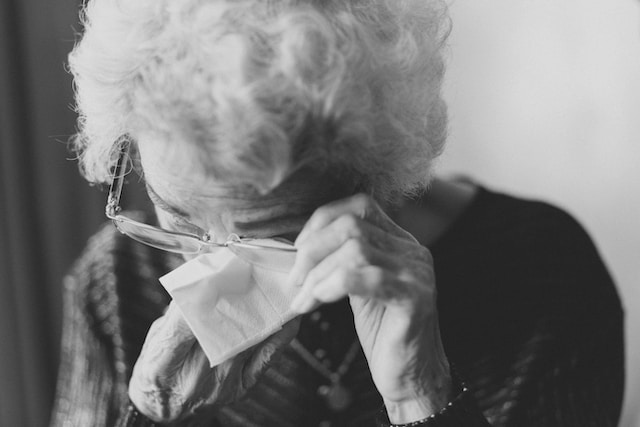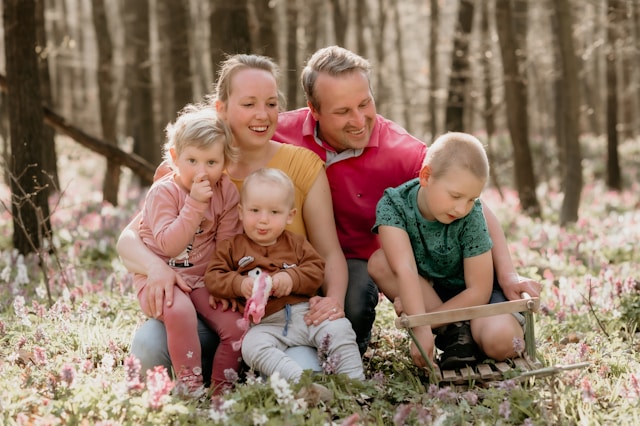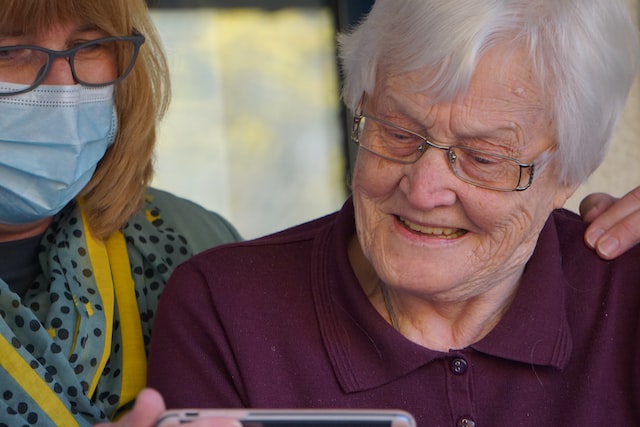Page Contents
I recently witnessed a difficult scene. A few siblings were arguing over who should take responsibility for their elderly parent’s care. Their voices carried frustration and resentment. The elderly parent, frail and silent, sat watching. It was heartbreaking to see love overshadowed by conflict. What struck me most was how easily families can fracture when communication fails across generations.
Where do the problems begin?
The source of the problem often lies in unspoken expectations. Seniors may assume their children will know what they want, while children may feel pressured to take on responsibilities without clarity. Cultural values, financial stress, and differing lifestyles can deepen the divide. When no one speaks openly, assumptions turn into disagreements, and disagreements into arguments.

Why communication matters?
Mitigating these conflicts is crucial because caregiving should unite, not divide. Clear communication prevents resentment, helps distribute responsibilities fairly, and ensures the elder’s needs are met with dignity. Families that address issues early avoid future bitterness and preserve relationships through one of life’s most challenging transitions.

What seniors can do?
Seniors play an important role in setting the tone for communication. By being open, clear, and flexible, they make it easier for their children to support them with less tension.
Practical steps include:
Share wishes about care, routines, and priorities before crises occur
Talk about financial arrangements early to prevent misunderstandings
Express appreciation regularly to ease tension and encourage support
Embrace new communication tools like text, WhatsApp, or video calls
Practice patience when children struggle, showing empathy instead of disappointment

What younger generations can do?
Children and grandchildren often carry multiple responsibilities, but how they communicate with their elders shapes the relationship. Respect, honesty, and empathy can prevent caregiving from becoming a burden.
Key actions include:
Respect dignity by asking instead of assuming what is best
Use empowering language: replace “You need this” with “How do you feel about this?”
Share caregiving challenges honestly but calmly to prevent hidden resentment
Value elders beyond their care needs by listening to stories and wisdom
Balance honesty with empathy to keep conversations respectful

Shifting perspectives
True understanding happens when both sides see through each other’s eyes. Seniors must recognise the pressures younger adults face, while children must acknowledge the fears and vulnerabilities of ageing.
Families can strengthen communication by:
Seniors recognising children juggle work, finances, and their own families
Younger adults understanding that ageing brings fear, reduced independence, and vulnerability
Moving from blame (“you don’t understand me”) to collaboration (“how can we understand each other better?”)
Holding structured family discussions and writing down care responsibilities
Involving neutral mediators like social workers when tensions rise
Focusing on shared goals: dignity for the elder, support for the caregiver, unity for the family
Conclusion
This matters because family should not become fractured at the very moment when unity is most needed. Good communication ensures that elders are cared for with dignity while younger family members feel supported rather than burdened. It is not only about managing care; it is about preserving love, respect, and the family bond across generations. When families communicate openly and with empathy, caregiving becomes not a source of conflict but a bridge that connects generations.

